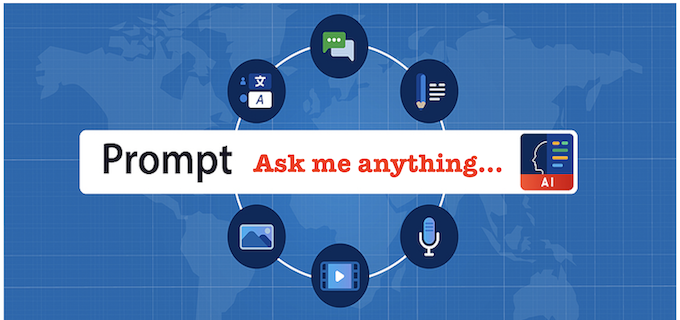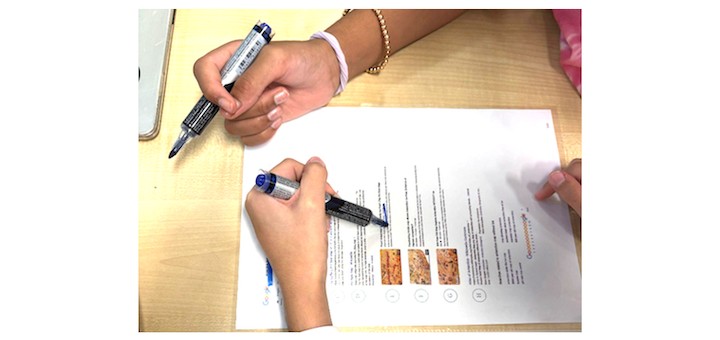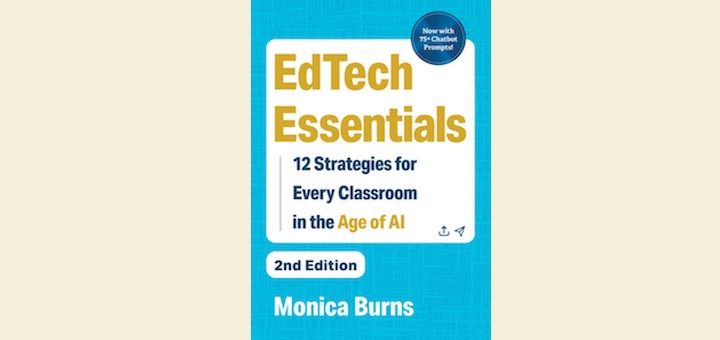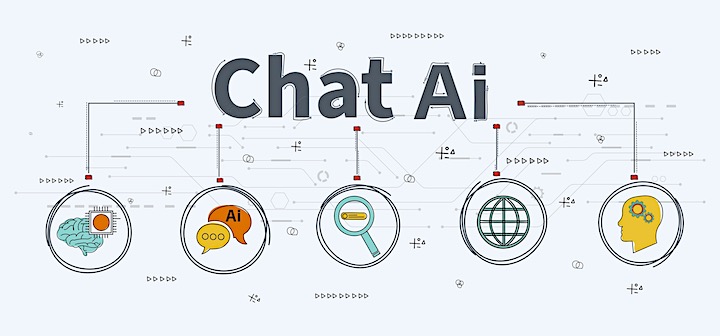Tagged: artificial intelligence
Fiction that explores AI through characters that are robots or humans who interact with AI can spark discussions about the future and engage readers with stories grounded in real ethical and scientific questions. ELA teacher Kasey Short shares titles and ideas for discussion.
AI should be more than a tool; it could be a true creative partner and not a crutch. It is our job to get our students to that point. Practice at choosing the best words for prompts, refining those prompts, and evaluating and adjusting the responses can help get them there.
Every student needs to understand AI basics, including its potential and problems. They need to be aware of current AI tools and understand how to use them. Perhaps most important, they need to understand the social and ethical issues AI can create. Anne Jolly shares ways to get students started.
Katie Durkin’s students were asking for more feedback on their realistic fiction writing assignment than she could possibly provide. With some hesitation, she decided to see if AI could help. Learn about the procedures she developed and why she’s pleased with the results.
Just like Top Gun Maverick had to trust his jet’s tech while employing his instincts and training, teachers are learning how to fly with AI as a co-pilot. The responsibility lies with us to adjust AI’s suggestions. Curtis Chandler offers dozens of teacher-tested prompts to get started.
Concerned by the News Literacy Project’s survey revealing teens’ difficulties in separating fact and fiction, Megan Kelly is finding as many classroom minutes as possible to build her students’ media literacy skills. She shares some quick activities her classes like best.
Whether you’re curious to bring artificial intelligence into your lesson planning – or the rapid evolution of AI has you feeling anxious – Monica Burns’ “EdTech Essentials: 12 Strategies for Every Classroom in the Age of AI” can help guide you in the effective use of new technologies.
Many teachers are feeling some apprehension about introducing artificial intelligence into their teaching, writes teacher educator Curtis Chandler. Yet “the truth remains that AI is an essential topic for our classrooms this year.” Here are his tips for how and what to teach.
After reading Co-Intelligence, Sarah Cooper is newly optimistic about the possibilities of AI in education – and trying to live more like a cyborg. Follow along as she inspects the author’s rules for co-intelligence, ways to personalize AI for educators, and how and if we might co-exist in the future.
As she describes some ways she’s begun to work fun, ethical AI components into major assignments, Sarah Cooper wonders how the nature of learning and teaching will evolve in tandem with the evolution of Large Language Models. How do we best prepare our students for the future?























